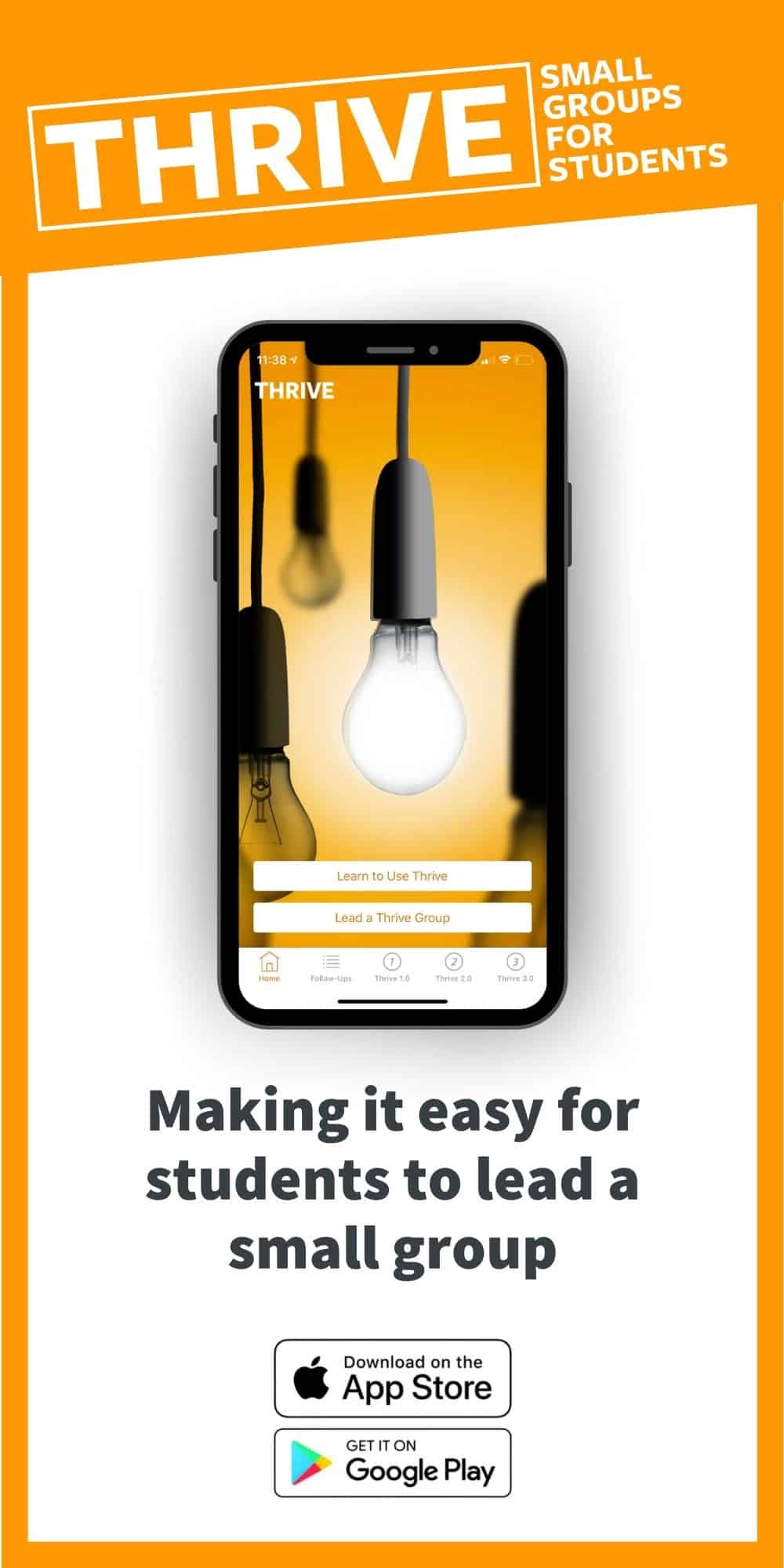A conference offers an environment and opportunities that often cannot be duplicated in a local or typical setting. The ministry we do accomplishes many things and there are some things that happen at a conference that we deeply value in a student’s life. Here are some ways to help them consider how this could be a great use of their time and resources.
If you do not know the purpose of the conference, you will have a hard time convincing a student to go (or their parents to let them go). Is it an evangelistic retreat, a leadership conference, or a conference for growth and training?
Promote the conference widely. Get your leadership students involved early. Train them how to explain the conference and keep track of those you challenge. Have the students write down 5-10 friends they want to invite. Use creative skits, announcements at meetings, mailings, registration giveaways, and testimonies of those who have attended before. Early registration deadlines are often a help to get a core of students registered early.
The Lord desires students’ growth more than they or we do. Ask Him to bring the students to the conference He wants there. Ask Him to help provide the finances, free up the schedules, and move in the hearts of their parents.
Every student is unique so we need to ask each student uniquely. A great announcement in a big meeting is not enough to get students to a conference. Instead, make a list of students you want to invite and begin talking personally to them about the conference. Tell them how you think the conference would help them personally and help them work through any barriers that might stand in the way of them attending the event.
Students come because their friends are going. Months before the event, tell your student leaders about it and get them on board. Get them all signed up far in advance so that when you make your first main announcement to the group, your student leader can say, “You should come with me,” rather than, “I don’t know if I am going, but you should go.”
A conference offers an environment and opportunities that often cannot be duplicated in a local or typical setting.
Validate students’ concerns for any of the barriers. Discuss the practical solutions to each problem. Be aware that sometimes students have issues that block them from going but may be afraid to tell you because they do not want to disappoint you. Let them know you will think no less of them if they do not go, but that you want their best. Also, be prepared to work through the solutions to their problems in going.
There are four barriers that often come up:
- Lack of desire
- Schedule conflicts
- Parents are not sure about it
- They do not have the money
Find out from them which are the biggest barriers standing in the way and help them work through those barriers.
As their leader, you can offer some credibility and influence for the student as they speak with parents, bosses, and coaches. Demonstrate a true servant’s heart by respectfully, yet confidently, speaking to these people. Be ready to communicate how crucial you believe this conference is to the student. As a leader, you can often clarify miscommunications the parent/coach/teacher and student have had – i.e. the parent who thinks this is just an unsupervised wild time at the beach, or the coach who thinks the student is just going with their friends for a vacation, or the boss who does not understand the potential benefit for the student.
PRO TIP:
Hold a parent meeting once a semester when you begin to recruit to the conference. There you can have a student testimony, a parent testimony, and introduce the fundraiser for the conference. You can also recruit parent help for your Cru Community Team – getting parents involved in the movement at large.
You should already have scheduled or have in mind, several fund-raisers. Money has to be raised for most students and we can help by being creative in our fundraising techniques. Fundraising also deepens the students’ commitment to the conference because it will “cost” them something.
As the event approaches, make sure that everyone is informed of specific details (departure, arrival, phone number, what to bring, etc.) Put yourself in the role of a parent – what would you want to know if your child were going away for several days? Do not assume people will just figure it out.
Recruiting for a conference can be a lot of work, but it is worth it! We often say that a conference accomplishes about as much in a student’s life as six months of normal student ministry. Whatever it takes, get your students there!
Next Step
Make a challenge list for each student in your ministry, and set up a specific appointment with each to challenge them to attend the conference. Read Conferences and Retreats - Are They Worth It? to learn more about why it is important to get students to a conference.
Learn More








